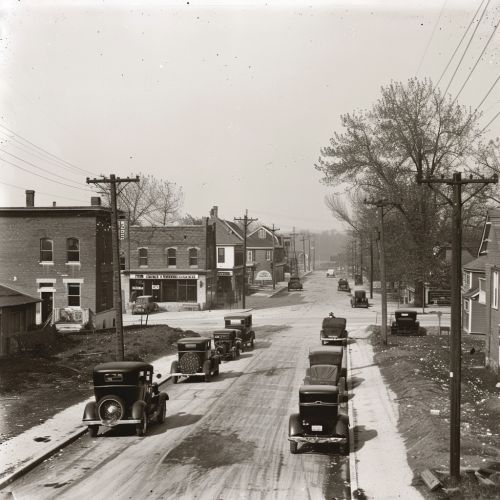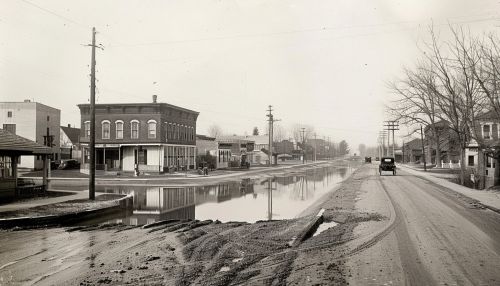Orson Welles
Early Life
Orson Welles was born on May 6, 1915, in Kenosha, Wisconsin, to Richard Head Welles and Beatrice Ives Welles. His father was a well-to-do inventor, while his mother was a concert pianist. Welles was named after his parents' friend, a popular actor, George Orson. His family was of English and Scottish descent. Welles's early life was marked by a series of disruptions and displacements, a pattern that would continue throughout his career.


Education
Welles attended the Todd School for Boys in Woodstock, Illinois, where he first began to develop his interest in the arts. He was a prodigious talent, excelling in painting, music, and theater. His first foray into the world of theater came when he produced and starred in a school production of Shakespeare's "Twelfth Night" at the age of 15.
Career
Welles's career in the entertainment industry was both varied and prolific. He worked as an actor, director, writer, and producer in theater, radio, and film. His work often pushed the boundaries of what was considered possible in each medium, and his innovative techniques and bold storytelling choices have had a lasting impact on the industry.
Theatre
Welles began his career in the theatre, making his Broadway debut in 1934 with the play "Romeo and Juliet". He co-founded the Mercury Theatre, an independent repertory theatre company, in 1937. The company produced a series of innovative and critically acclaimed productions, including a modern-dress version of "Julius Caesar" and a voodoo-themed production of "Macbeth".
Radio
In addition to his work in the theatre, Welles was also a prominent figure in the world of radio. He is perhaps best known for his 1938 broadcast of "The War of the Worlds", a radio adaptation of the H.G. Wells' novel that caused widespread panic when listeners mistook the fictional news bulletins for real reports of an alien invasion.
Film
Welles's career in film is marked by a series of masterpieces that have left an indelible mark on the history of cinema. His first film, "Citizen Kane", is widely regarded as one of the greatest films ever made. Welles wrote, directed, and starred in the film, which was notable for its innovative narrative structure and its pioneering use of deep focus photography.
Other notable films in Welles's oeuvre include "The Magnificent Ambersons", "Touch of Evil", and "The Trial". Despite the critical acclaim that many of his films received, Welles often struggled with financing and creative control, leading to a number of unfinished projects and re-edited releases.
Personal Life
Welles was married three times and had three daughters. His first wife was actress and playwright Virginia Nicolson, with whom he had a daughter, Christopher. His second wife was actress Rita Hayworth, with whom he had a daughter, Rebecca. His third wife was Italian actress Paola Mori, with whom he had a daughter, Beatrice.
Welles was known for his larger-than-life personality and his love of magic, a hobby that he often incorporated into his work. He was also a noted gourmet and wine connoisseur.
Death and Legacy
Welles died on October 10, 1985, at the age of 70. His death was attributed to a heart attack. Despite his tumultuous career and often controversial personal life, Welles's impact on the world of entertainment is undeniable. His innovative approaches to storytelling and his willingness to push the boundaries of what was possible in each medium have left a lasting legacy that continues to influence artists today.


